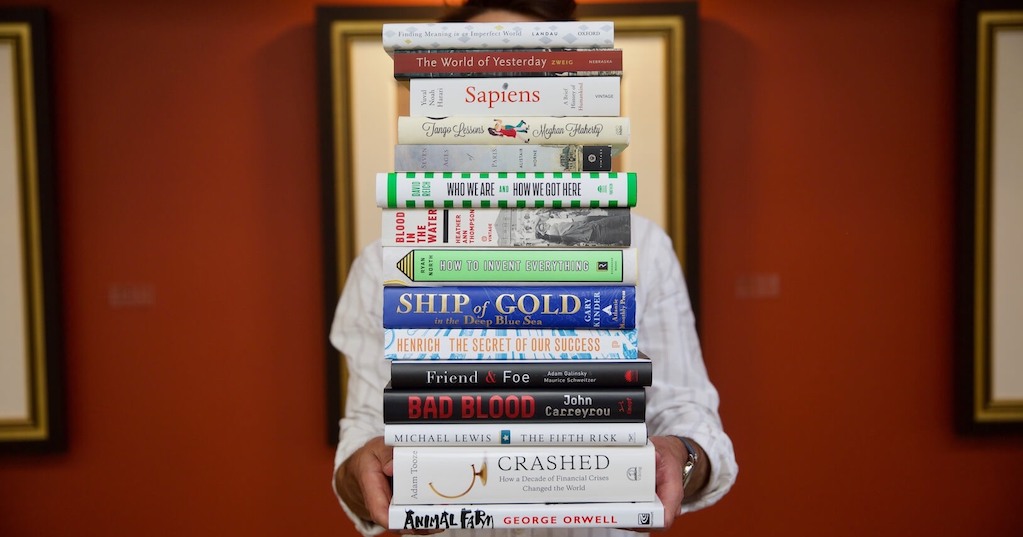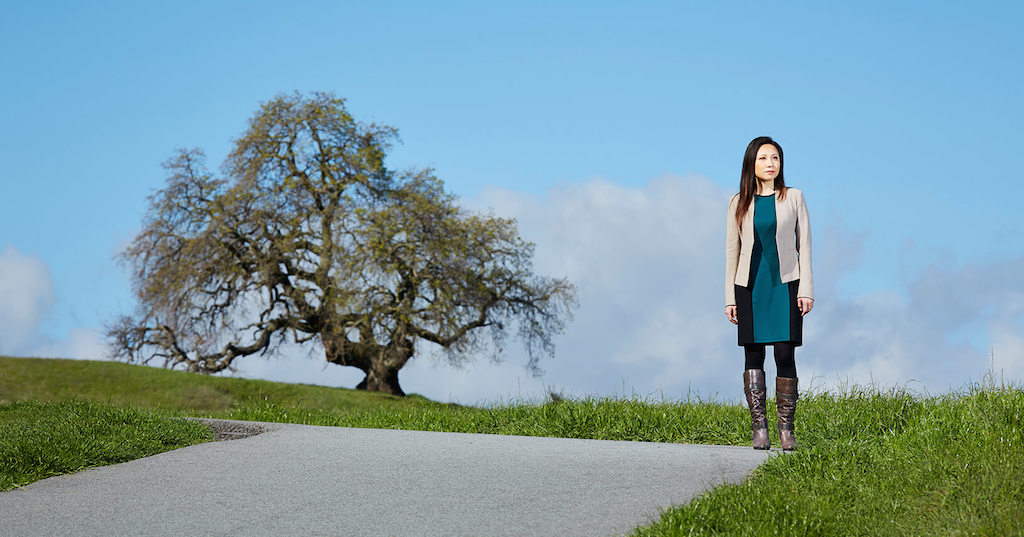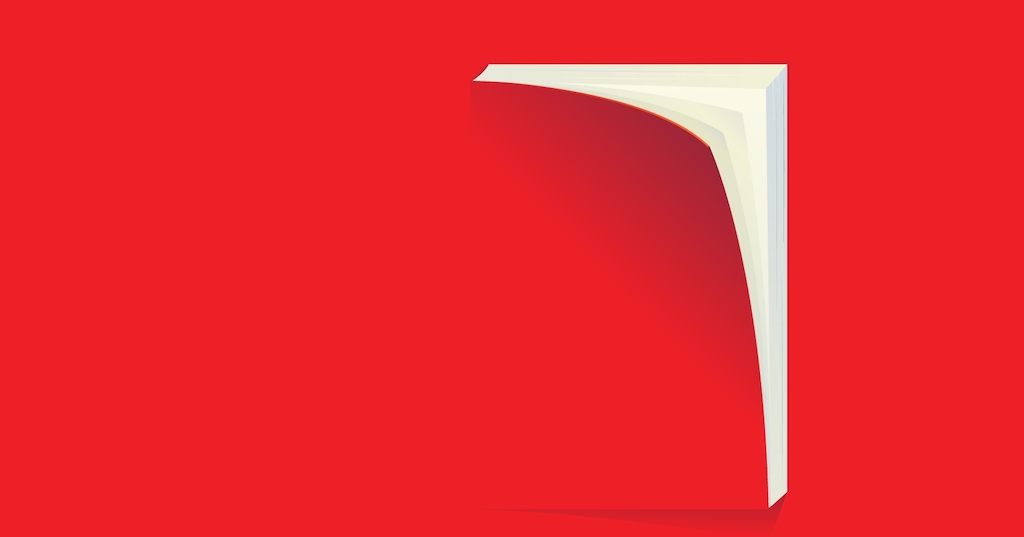斯坦福商学院2019暑期书单
暑期来临,大家都打算怎么利用这段时光呢?一起来看看斯坦福商学院的教授们给各位同学们推荐的暑期书单吧。
The Fifth Risk
by Michael Lewis
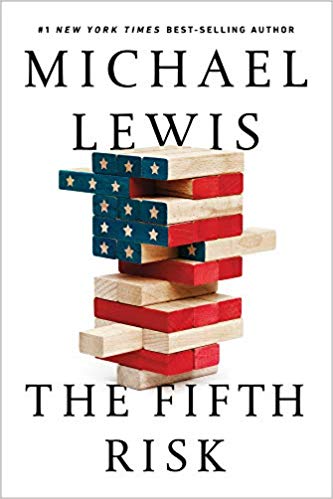
“In this ambitious and important book, Michael Lewis — a keen observer and master storyteller — explains how willful ignorance and abuse of power within the current U.S. government are exposing us to enormous risks. In the process, he introduces us to competent and diligent individuals and to parts of the U.S. government whose critical work is frequently misunderstood and underappreciated.” — Anat Admati, the George G.C. Parker Professor of Finance and Economics
Animal Farm
by George Orwell, 1945
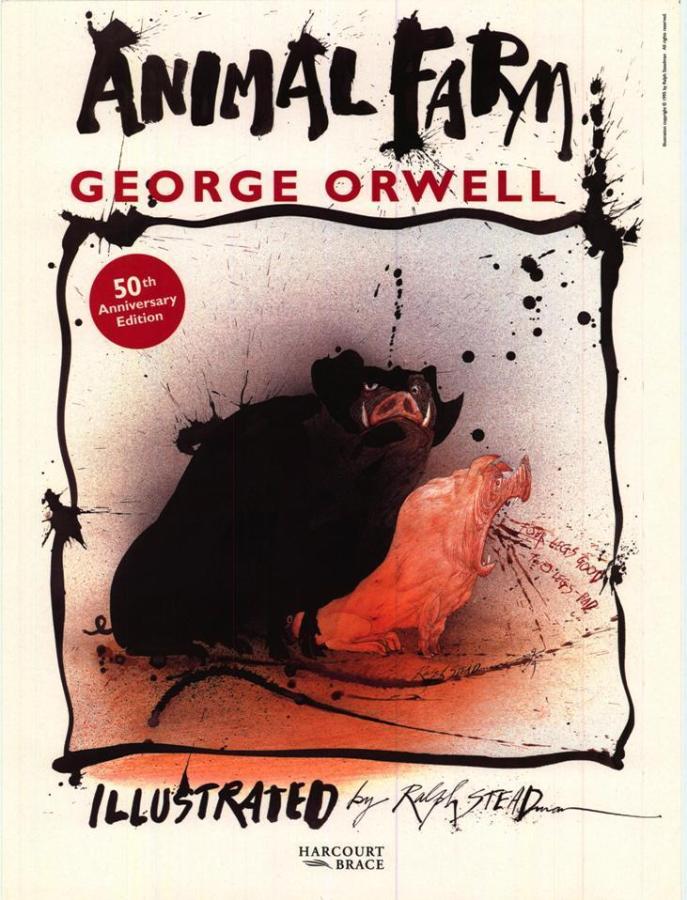
“I recently went to my favorite bookstore in San Francisco and noticed the beautiful 50th anniversary edition, with drawings by Ralph Steadman. I’m rereading it because it’s one of the most poignant tales about how power corrupts and the pitfalls of egalitarian Utopias. ‘All animals are equal but some are more equal than others.’ ” — Juliane Begenau, assistant professor of finance
Ship of Gold in the Deep Blue Sea: The History and Discovery of the World’s Richest Shipwreck
by Gary Kinder, 1998
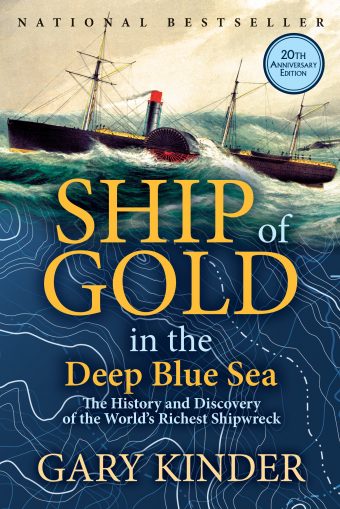
“Kind of like what would happen if you crossed a hedge fund with an episode of ‘Deadliest Catch.’ A group of geeks combine brainpower and technology to locate a lost 100-year-old treasure ship, sunk on the way east from the goldfields of California, and harvest a billion dollars’ worth of gold.” — Chip Heath, the Thrive Foundation for Youth Professor of Organizational Behavior
The Secret of Our Success: How Culture Is Driving Human Evolution, Domesticating Our Species, and Making Us Smarter
by Joseph Henrich, 2017
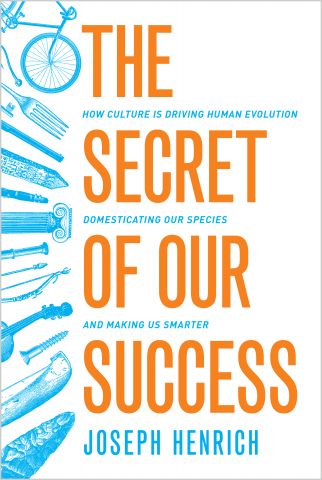
“This book was recommended to me by a friend in social psychology. It draws from a wide variety of disciplines (evolutionary psychology, biology, history, neuroscience) and uses amazing examples (lost European explorers, chimpanzees — how cool is that?!) to discuss how our collective brains, not individuals, shaped our biology and the society.” — Szu-chi Huang, associate professor of marketing
The Seven Ages of Paris
by Alistair Horne, 2004
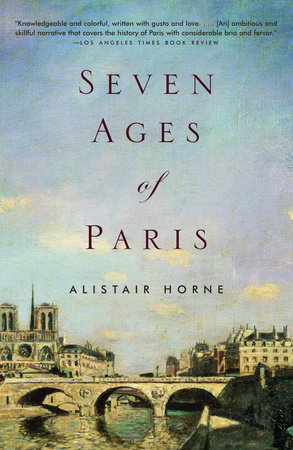
“Horne is a master narrative historian, able to use a few telling details to bring the zeitgeist of a period to life, be it the Revolution, the 1870 siege, the Nazi occupation, or the riots of the 1960s. Now when I walk through the streets of Paris, his books allow me to imagine the events that occurred there and see it with new eyes.” — Saumitra Jha, associate professor of political economy
Crashed: How a Decade of Financial Crises Changed the World
by Adam Tooze, 2018
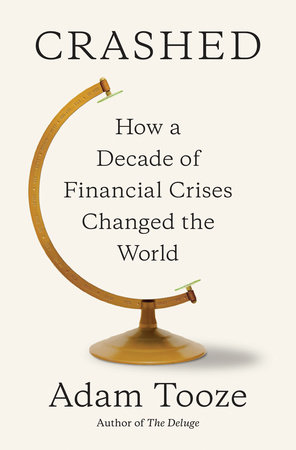
“Tooze is a great historian with fantastic books on the global economy during the interwar period and the German economy during World War II. I am looking forward to reading his account on the more recent global financial crisis. I will probably disagree with many things he says, but I am also sure that I will learn a lot and that his unique perspective will force me to think more clearly about what happened during the crisis.” — Peter A.E. Koudijs, associate professor of finance
Finding Meaning in an Imperfect World
by Iddo Landau, 2017
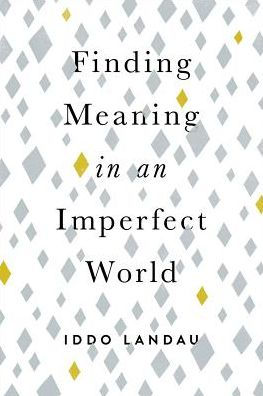
“This is a book for our times … offering a reflective yet also very pragmatic take on the challenges in finding meaning in a world where chaos, chance, and grim turns seem all too prevalent.” — Roderick M. Kramer, the William R. Kimball Professor of Organizational Behavior
Who We Are and How We Got Here: Ancient DNA and the New Science of the Human Past
by David Reich, 2018
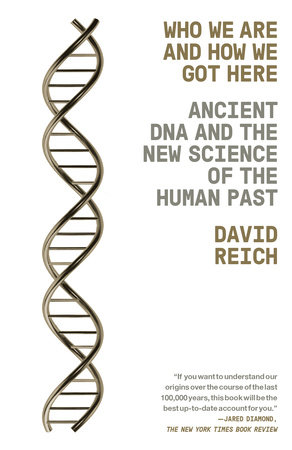
“A fascinating read explaining the recent findings on the evolution and migration of humans.” — Arvind Krishnamurthy, the John S. Osterweis Professor of Finance
Friend & Foe: When to Cooperate, When to Compete, and How to Succeed at Both
by Adam Galinsky and Maurice Schweitzer, 2015
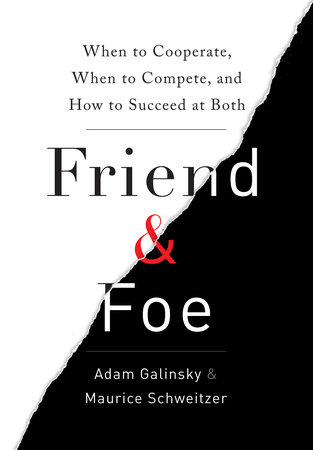
“In today’s society, we are filled with opportunities to collaborate, but often this is overshadowed by people’s tendency to compete. Friend & Foe provides insight into why this happens, what we can do to navigate it, and offers practical advice to manage the tension between the two.” — Ashley Martin, assistant professor of organizational behavior
Bad Blood
by John Carreyrou, 2018
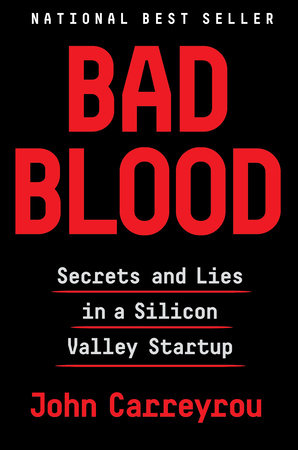
“It is a riveting journalistic account of the rise and fall of Theranos and Elizabeth Holmes.” — Maureen McNichols, The Marriner S. Eccles Professor of Public and Private Management and Professor of Accounting
Sapiens: A Brief History of Humankind
by Yuval Noah Harari, 2015

“One of the big changes in thinking in evolutionary biology in the last two decades is a growing recognition that human evolution has been shaped as much by culture as by genetics. Harari describes this process.” — Charles A. O’Reilly III, the Frank E. Buck Professor of Management
Blood in the Water: The Attica Prison Uprising of 1971 and Its Legacy
by Heather Ann Thompson, 2016
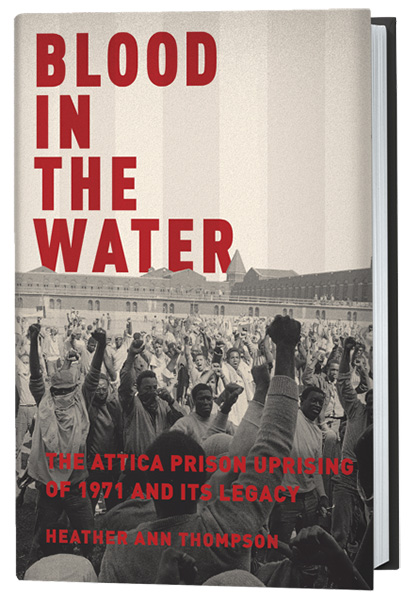
“I’m currently in the middle of this amazing, but also incredibly sad, Pulitzer Prize-winning account of the 1971 Attica Prison uprising and its aftermath. As we reevaluate the current status of race relations, criminal justice, and economic inequality, this provides a fascinating perspective on those challenges from a previous era.” — Paul Oyer, the Mary and Rankine Van Anda Entrepreneurial Professor and Professor of Economics
Tango Lessons: A Memoir
by Meghan Flaherty, 2018
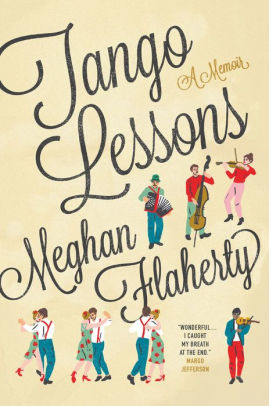
“Flaherty is a local Bay Area writer whom I met through a writing group. The book is a personal story of strength and resilience told through the lens of tango. Apart from being an engaging read, it gave me a newfound appreciation for tango as an art form.” — Aruna Ranganathan, assistant professor of organizational behavior
The World of Yesterday: An Autobiography
by Stefan Zweig, 1943
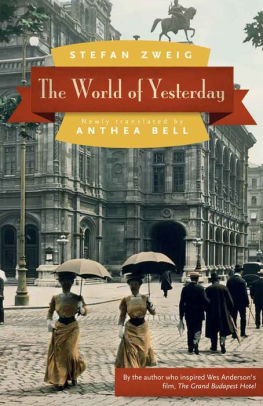
“A wonderful firsthand look at life in Europe during 1880-1940 told by a Zelig-type character who seemed to know every artist and politician in Europe.” — Lawrence M. Wein, the Jeffrey S. Skoll Professor of Management Science
How to Invent Everything: A Survival Guide for the Stranded Time Traveler
by Ryan North, 2018
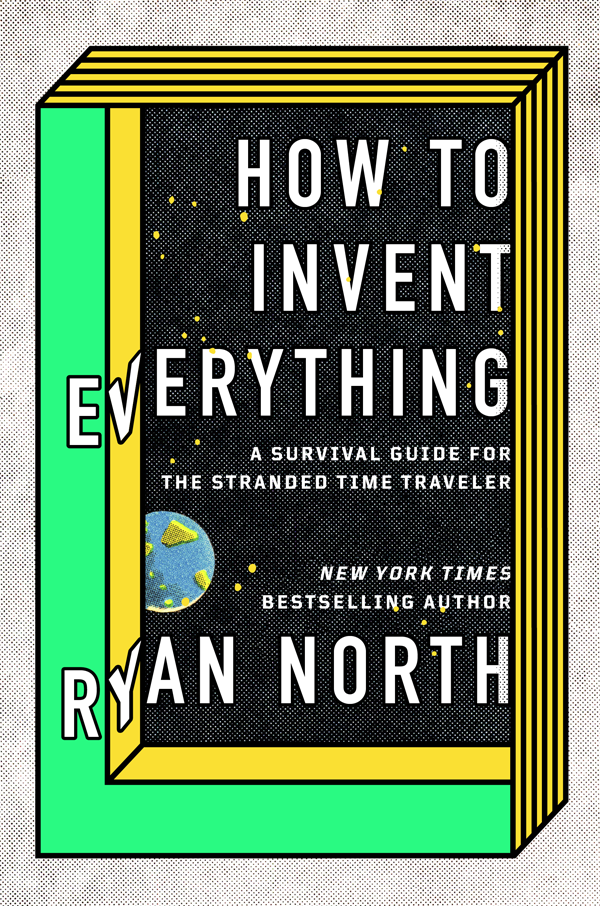
“Not sure if you want a fun or educational read by the pool. Why not both? A survival guide for those stranded in the past because of a faulty time machine, this book leads you through all of the major innovations created by humans and tells how to create them yourself from first principles.” — S. Christian Wheeler, the StrataCom Professor of Management and Professor of Marketing

